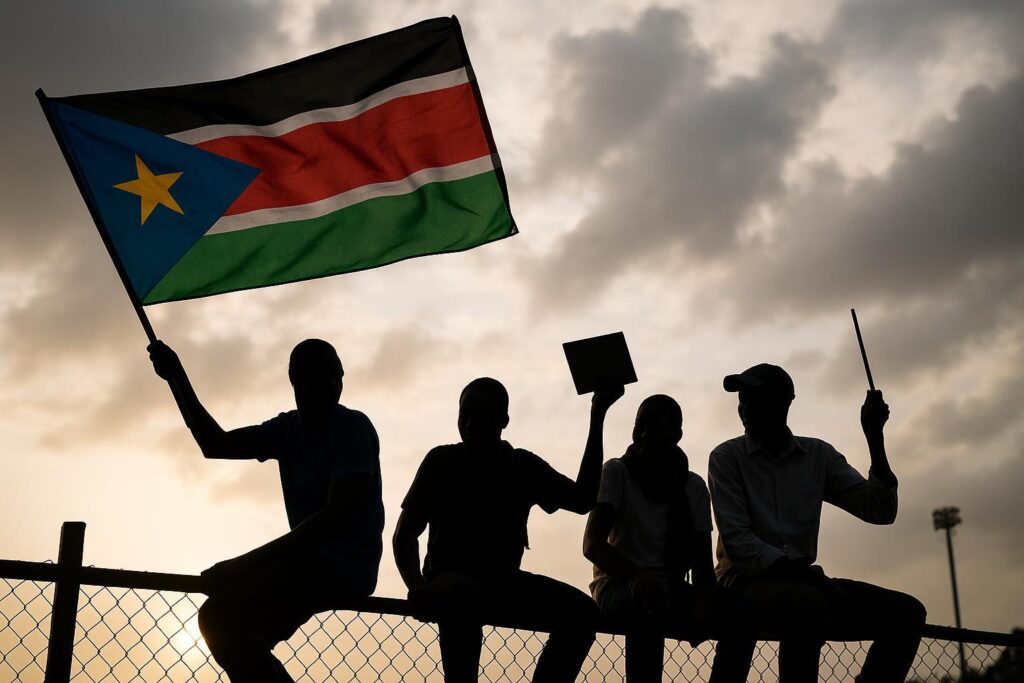South Sudan Independence Dream Tested
On 9 July 2011, crowds in Juba waved flags under a hot Sahel sun, convinced that sacrifice had birthed a state of hope. Thirteen years later, many South Sudanese still await the dividends of freedom, navigating recurrent insecurity, inflation, and political deadlock.
Leadership and Governance Challenges
Veterans of the liberation war and younger politicians often present revolutionary credentials as proof of legitimacy. Analysts argue that such entitlement breeds factionalism, patronage, and contested resource allocation, hampering the consolidation of impartial institutions and diverting attention from service delivery and nation-building.
Oil revenues once promised quick development, yet volatility and alleged mismanagement have limited investment in schools, hospitals, and roads. International partners report that 76 percent of the population lives in poverty despite the country’s considerable hydrocarbon potential (World Bank 2024).
Human Cost of Protracted Conflict
The prolonged political stalemate feeds localized violence. Disputes between cattle herders and farmers over pasture and water escalate into deadly clashes, particularly in Jonglei, Warrap, and the Equatorias, displacing thousands each year and disrupting already fragile food systems (UN OCHA 2023).
Women shoulder disproportionate burdens, trekking long distances for food and facing threats of gender-based violence. Child recruitment by armed groups continues, while elders and persons with disabilities often find themselves excluded from humanitarian corridors and decision-making forums.
Grassroots Peace Efforts Gain Momentum
Across counties, faith leaders, youth associations, and women’s cooperatives facilitate inter-communal dialogues. In Lakes State, church-mediated cattle restitution ceremonies have reduced revenge attacks, according to the South Sudan Council of Churches, hinting at the potential of bottom-up reconciliation.
Civil society coalitions press for transparent budgeting and gender quotas in transitional institutions. Recent audits published by the National Audit Chamber, though limited in scope, mark incremental progress toward financial accountability and signal openings for constructive engagement between government and stakeholders.
Pathways to Sustainable Stability
Observers argue that credible elections, scheduled after the full implementation of security arrangements and a permanent constitution, could recalibrate political incentives. However, they caution that polls without broad consensus and safeguards may reignite tensions rather than confer legitimacy.
International partners pledge continued support but emphasize local ownership. The African Union’s High-Level Ad Hoc Committee notes that durable peace hinges on inclusive dialogue, demobilization, and equitable revenue sharing—a trilogy requiring sustained political will in Juba and the states.
South Sudan’s story remains unwritten. If leaders transform liberation prestige into accountable stewardship and communities reinforce nascent peace initiatives, the flag raised in 2011 could finally symbolize more than survival—heralding an era where dignity, prosperity, and unity are tangible realities.


